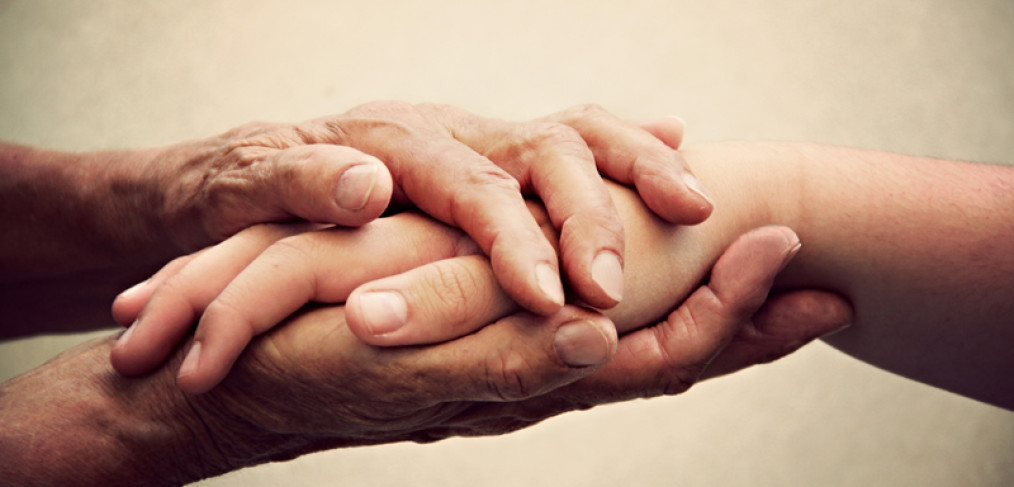You feel it don’t you? The feeling is stronger in some than it is in others, but it’s always there in everyone, in some form. The feeling is a longing for MORE… isn’t it? If you are aware enough to see it, and experience it, and see what it makes you do… you will realize this is true.
Where does this feeling come from?
There is an inherent feeling in human beings where we need to be more than what we are right now. Expansion is what we are looking for. These feelings cause conflict internally and externally because the longing for expansion and to be boundless is looking for expression. But we’re so identified with our physical nature that the only way we think of expressing this longing is physically. And we try to do this but the physical is limited… therefore it is impossible to totally achieve what we want on the physical plain.
Yet people are looking for the expression of this longing for expansion through money, possessions, status, power, some through the attention of others, some through the vanity of their own body, etc. We’re looking for fulfillment through achievement, but has that ever really worked for you? I asked myself the same question and had to honestly answer NO, and I was guilty of this for the first 28 years of my life. Once you achieve a goal you might feel good for a couple hours or maybe a day or two, but then another desire pops up and takes its place and you repeat the same cycle. Think about the last time you got a raise at work? Within 48 hours did you still feel happy? Or did you start thinking about what your next raise would be the next year?
When we turn our attention to the acquisition of material things we turn away from our true nature and away from the present moment. The present moment is the only place that you can find true happiness because it is the only place that truly exists. Is this not true? Can you show me the future? Can you show me the past? No, because they only exist in theory. The current moment is our ever present reality.
And when you really look at this feeling of longing even closer, it’s not even a wanting for more… it’s a wanting for ALL. If I gave you the world… how long would it be until you started looking to the stars and other planets? No matter what you have or get, no matter how great it is… you will just want everything. That is a reality of the human condition.
Your real desire for the object is actually not for the object itself, but for the end of the longing for that object. But once you get this object another object and desire will arise. This creates a cycle of never-ending longing and suffering.
It is okay to go after your goals and to experience life, but don’t let it happen compulsively, and don’t let it compromise your integrity or happiness. Detach yourself from it. When you realize this as the true nature of what you are experiencing, you break and transcend this cycle of longing. But remember, the wanting for Wisdom and Experience and Truth is a good thing. We are here to live life and pursue our true nature, and you will only find that through wisdom and experiences. You can never understand something truly until you have experienced it and it is in your perception.
Meditation and turning inward will take away these feelings of longing. With a little practice (give it some time), you will feel the boundless sensation in yourself and it will quench the thirst of your longing. You will no longer have to subconsciously impose this boundless longing on yourself or the outside world. This might not sound possible to someone who has never meditated, but please trust me.
I’ll be the first to admit it, I use to be a big skeptic of meditation. My whole life I was very left brain thinking, with a Type A personality. I use to think meditation was for hippies… until I did it for myself and experienced the amazing benefits. Present moment living and mindfulness, along with meditation, will take you to a higher level of consciousness and existence. If you want to be more peaceful, healthier and happier… START MEDITATING!!
Author: Steven Wesley – Wake Up World



